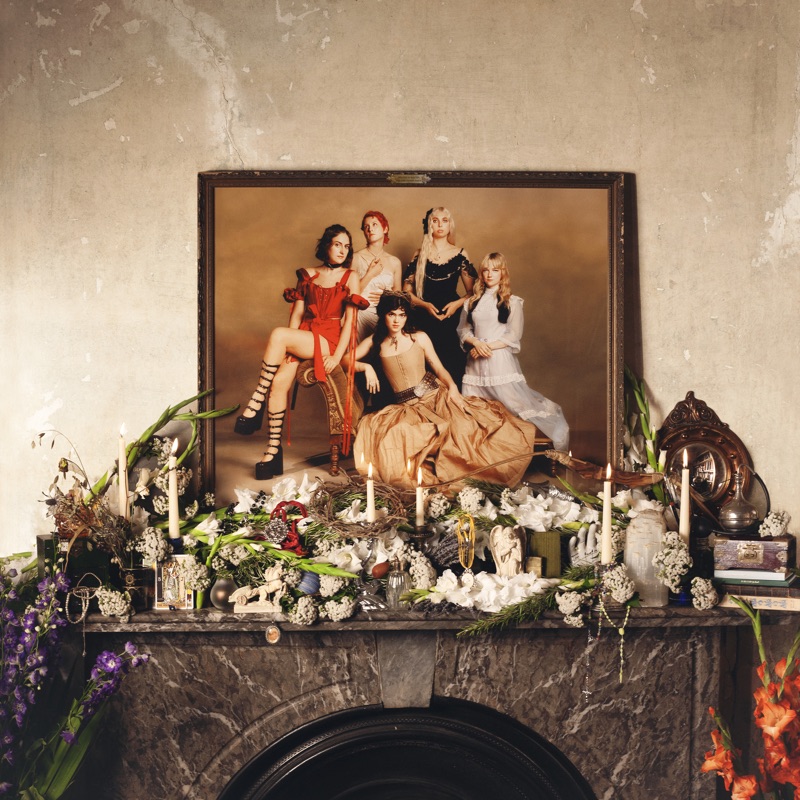by The Last Dinner Party · 2024

The song “The Feminine Urge” by The Last Dinner Party explores themes of feminine strength, societal expectations, emotional labor, and the inherited struggles of women.
This song has been Shazamed over 89,094 times. As of this writing, The Feminine Urge is ranked 128
‘The Feminine Urge’ by ‘The Last Dinner Party’ is a song that delves into complex emotions and themes of identity, societal expectations, and the struggle to find oneself. Let’s take a closer look at what makes this song resonate with so many. ⬇️
🌆 Stepping into the world of “The Feminine Urge,” we are greeted by an atmosphere of twilight introspection and raw, unfiltered emotion. The narrative is a tapestry woven with threads of vulnerability, defiance, and an aching desire for self-realization.
🎶 The chorus, where the heart of the song beats strongest, pulls us into a whirlwind of sentiment. “Here comes the feminine urge, I know it so well / To nurture the wounds my mother held,” speaks volumes about inherited pain and the cyclical nature of suffering. It’s as if we’re being whispered secrets of generational burdens and the silent strength required to carry them.
🌳 In the verses, the song delves deeper into its narrative, painting vivid images with lyrics like “I am a dark red liver stretched out on the rocks / All the poison, I convert it and I turn it to love.” These lines suggest a transformation of pain into something beautiful and powerful, a recurring theme of resilience. The visceral imagery of a “dark red liver” conveys a sense of being exposed and vulnerable, yet capable of alchemical change.
💔 The essence of the song lies in its haunting revelation: the feminine urge is not merely a compulsion but a profound, almost sacred duty to heal and transform. It asks poignant questions—”Do you feel like a man when I can’t talk back? / Do you want me or do you want control?”—challenging societal norms and personal relationships, all while grappling with themes of power and submission.
Ultimately, “The Feminine Urge” captures the struggle and beauty of transforming inherited wounds into love and strength, leaving us contemplating our own roles in this endless dance of human experience.